
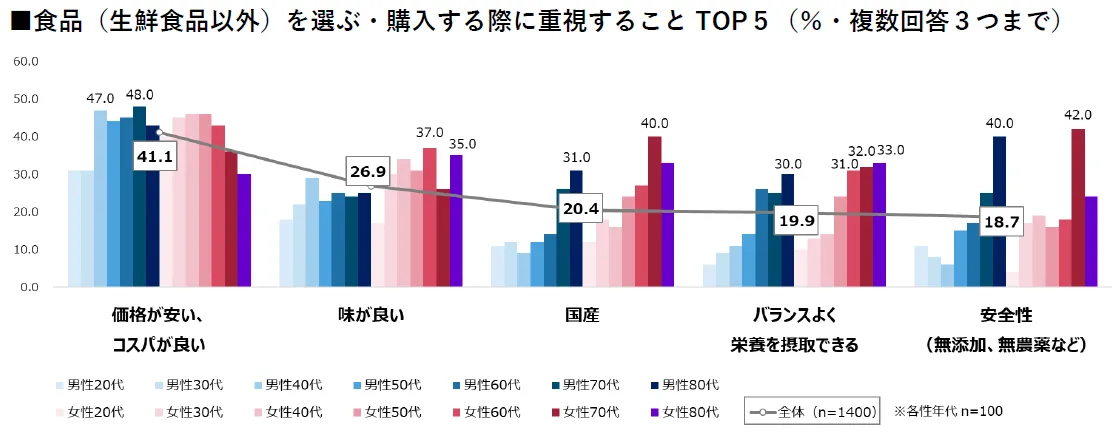
Understanding the Eating Habits of Seniors Amid Rising Food Prices
Survey Insights: Eating Habits of Seniors in 2025
As inflation continues to impact daily expenses, the senior population is finding innovative ways to cope with rising food costs. A recent survey conducted by Halmeq Living Well Institute, which focuses on insights for individuals aged 50 and older, examined the dietary preferences and habits of adults aged 20 to 89 across Japan. The survey included responses from 1,400 individuals through a web-based questionnaire.
Key Survey Findings
The survey highlighted several key areas where seniors are adjusting their food choices in response to inflation:
Prioritizing Price and Quality
The most significant factor influencing food selection was identified as "price and cost-performance." Notably, women in their 70s placed a greater emphasis on "domestic products" and "safety" over price alone. To manage the rising costs, seniors are lowering their purchasing price range, reducing the frequency of shopping trips, and even making certain items like bread at home, demonstrating a practical approach tailored to their lifestyles.
Shift from Taste to Health
A noticeable shift from "taste" to "health" began in women aged 60 and above. Many respondents reported that their awareness of healthful eating led them to perceive themselves as healthier individuals than before. This transition illustrates a growing priority among older adults for nutritious meals over mere enjoyment.
Increasing Protein Focus
As age increases, so does the inclination towards protein-rich diets. Meat and fish have become staple sources of protein, especially among older adults. The importance of dietary protein was evident, with a significant number of respondents indicating a growing desire to include more protein in their meals. This inclination aligns with the nutritional needs associated with aging, such as maintaining muscle mass and bone density.
Background of the Survey
The Halmeq Living Well Institute's investigation into senior lifestyles reflects the changing landscape of food consumption due to recent economic trends. The population’s increasing awareness around food selection reflects the broader economic challenges correlated with the rising cost of living.
Survey Methodology
- - Method: Web-based questionnaire
- - Participants: 1,400 adults aged 20-89 across Japan
- - Data Collection Period: February 21, 2025, to February 24, 2025
- - Conducted By: Halmeq Age Marketing and Halmeq Living Well Institute
Price Sensitivity and Buying Habits
The survey revealed a stark reliance on price as a primary consideration for grocery shopping. Over the past year, many participants reported reducing or eliminating certain foods mainly due to price increases. Common items that saw a drop in purchases included rice, bread, and various fresh produce. The agency found that older consumers adapted by either selecting cheaper substitutes or by making meals from scratch whenever possible, indicating their resourcefulness in managing household spending.
Changing Nutritional Preferences
Evolving dietary habits are also seen, particularly with an increasing awareness surrounding health and nutrition. This transition illustrates a broader acceptance among seniors of the importance of a balanced diet that emphasizes nutritional value over unfounded dietary restrictions prevalent in earlier generations. As older adults consistently rated protein-rich options as their preferred dietary component, a deepened understanding of food's role in health outcomes becomes evident, especially as they navigate their senior years.
Expert Commentary
Dr. Yukie Umeda, director of the Halmeq Living Well Institute, has been extensively researching the insights of seniors since March 2016. Dr. Umeda highlights how economic factors intertwine with the dietary choices of this demographic, suggesting that the recent trends reflect a practical yet health-conscious approach to eating among older generations.
Conclusion
The findings from this research provide a comprehensive look into how seniors are adapting their food choices amid rising prices, highlighting a dual focus on maintaining health while managing expenses. The data illustrates a shift towards conscious eating habits that are not only economically sustainable but also nutritionally inclined, shaping the future of senior diets in meaningful ways. As they navigate the balancing act of health and affordability, seniors are increasingly turning food choices into a domain of careful selection and resourcefulness. Halmeq continues to support this transition by providing valuable resources to enhance the quality of life for women over 50, reinforcing its position as a leading publication in this demographic.
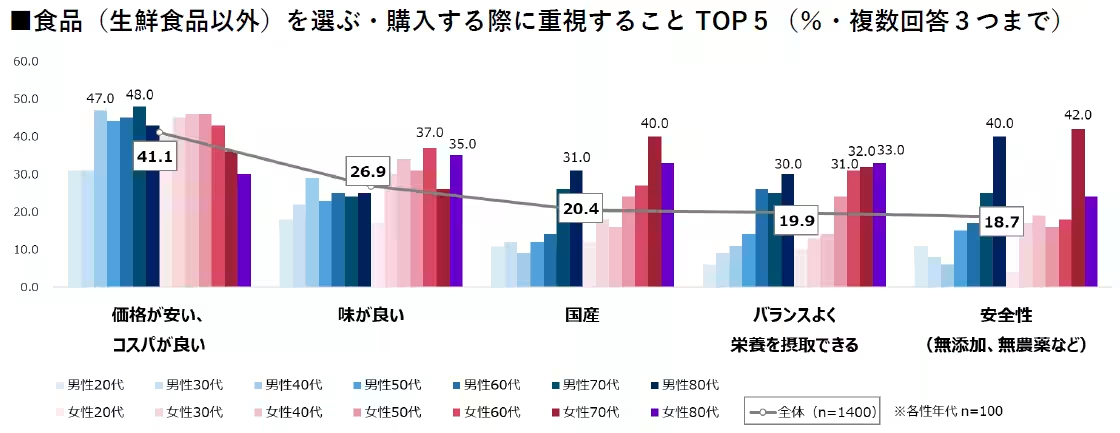
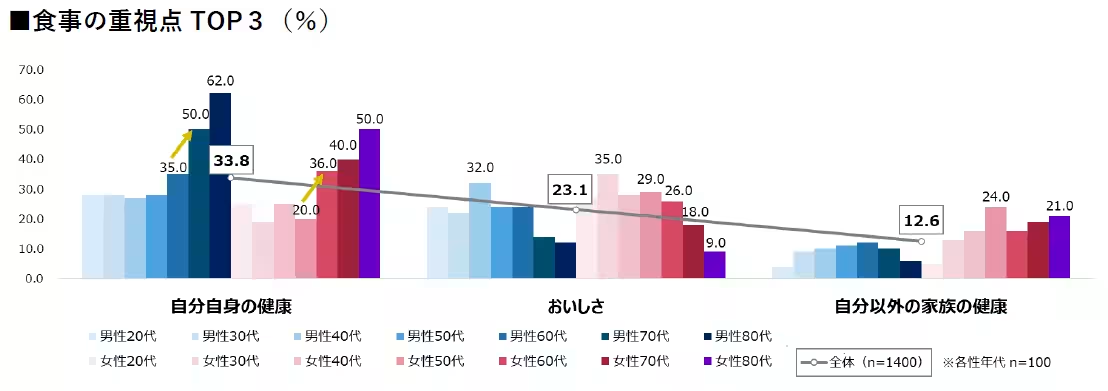
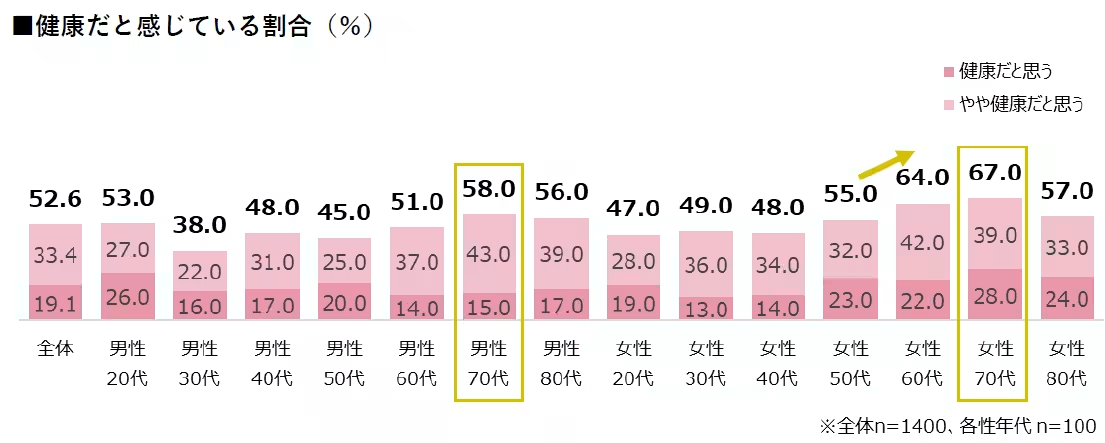
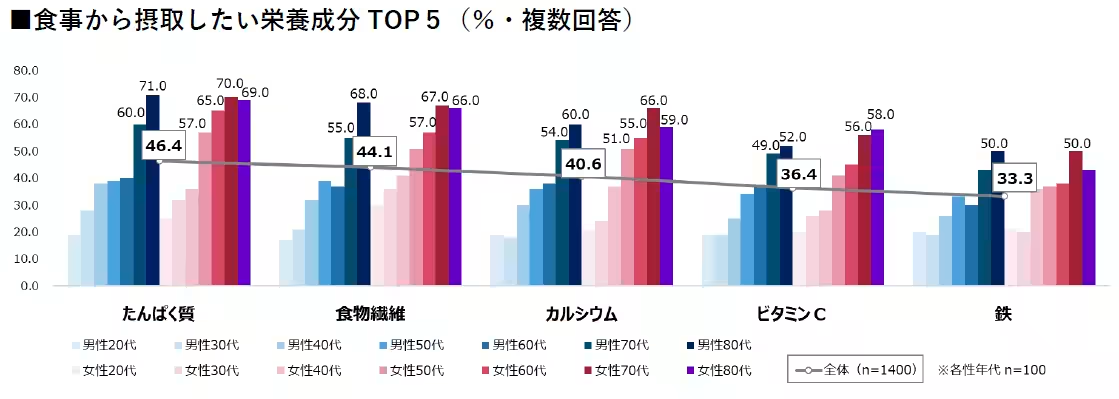
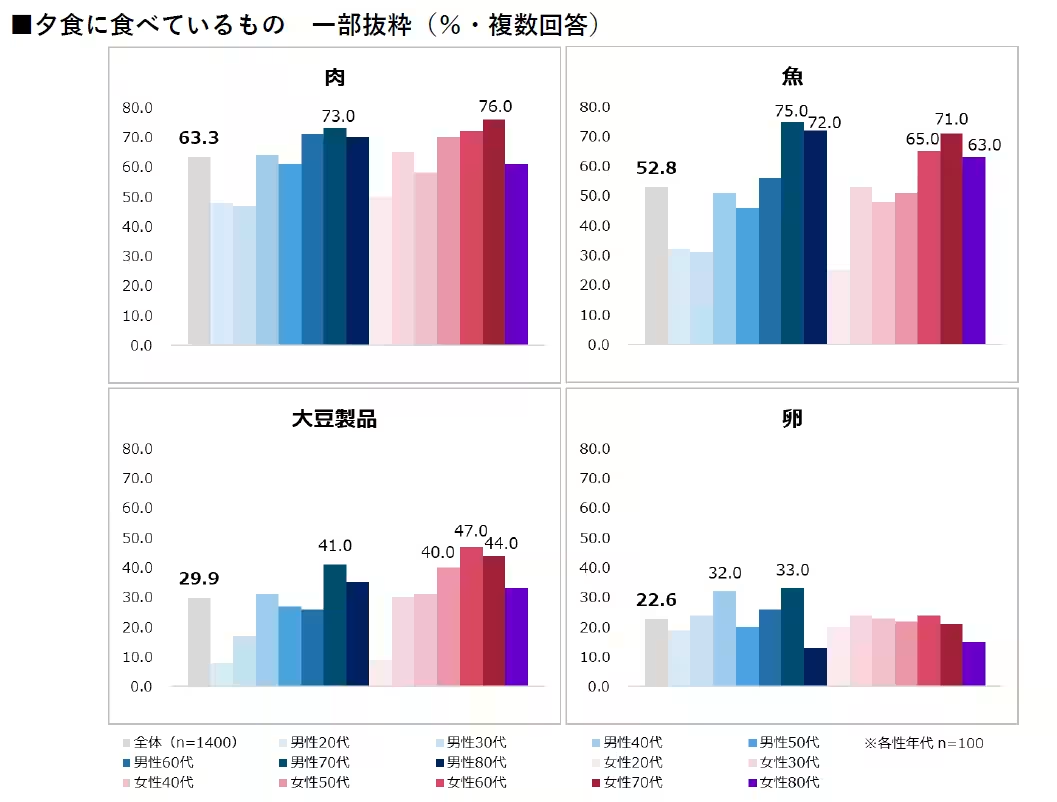

Topics Consumer Products & Retail)










【About Using Articles】
You can freely use the title and article content by linking to the page where the article is posted.
※ Images cannot be used.
【About Links】
Links are free to use.